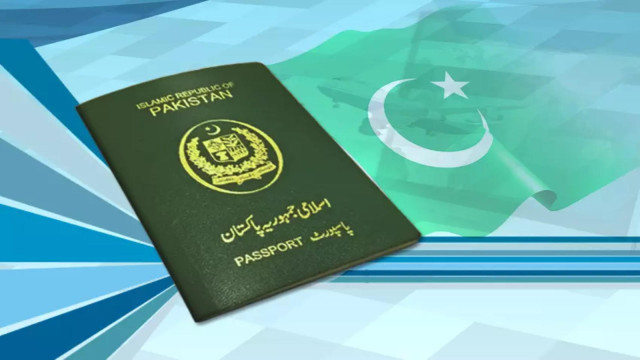Exemption from Citizenship Amendment Act in Northeastern Tribal Regions: Explained
- Posted on March 12, 2024
- Government
- By TSW NEWS DESK
- 145 Views
The Citizenship Amendment Act (CAA) will not be enforced in most tribal areas of Northeastern states due to various exemptions, including those under the 6th Schedule of the Constitution and areas where an Inner Line Permit (ILP) is mandatory. The Union Home Ministry has officially notified the rules for CAA implementation, focusing on granting Indian citizenship to persecuted non-Muslim migrants from neighboring countries.
 Image Source -www.bizzbuzz.news
Image Source -www.bizzbuzz.news
The
Citizenship
Amendment Act (CAA) has stirred discussions and debates across India,
particularly in the Northeastern states. However, amidst this discourse, it has
been clarified that the CAA will not be implemented in most tribal areas of the
Northeast. This exemption stems from various factors, primarily related to the
unique demographics and political structures of these regions.
One
significant reason for the non-implementation of the CAA in these tribal areas
is the presence of special provisions under the 6th Schedule of the
Constitution. These provisions grant autonomy to certain tribal regions,
allowing them to have their own governing bodies known as autonomous councils.
These councils have the authority to make decisions regarding local governance,
including matters related to land and culture. As a result, the CAA's
application is deemed unnecessary in these areas, as they already have their
own mechanisms for addressing issues related to citizenship and migration.
Furthermore, the requirement of an Inner Line Permit (ILP) for visitors from other parts of the country adds another layer of complexity to the implementation of the CAA in the Northeast. States such as Arunachal Pradesh, Nagaland, Mizoram, and Manipur have ILP systems in place, which regulate the entry of outsiders into these regions. The ILP is aimed at protecting the indigenous populations and preserving their cultural identity. In light of this, the need for additional citizenship-related regulations like the CAA is minimal in these states.
Also Read: Ajit Doval, India's NSA, Engages In Talks With Israeli PM Netanyahu Regarding Gaza Conflict And Aid
Additionally,
the CAA's focus on providing citizenship to persecuted minorities from
neighboring countries does not directly address the demographic concerns of the
Northeastern states. While the region has its share of ethnic and religious
diversity, the issues surrounding citizenship and migration are deeply
intertwined with indigenous rights and identity. Therefore, the CAA's
provisions do not necessarily align with the specific needs and aspirations of the
Northeastern tribal communities.
Overall,
the decision to exempt most tribal areas of the Northeast from the
implementation of the CAA reflects a recognition of the region's unique
socio-political landscape. It underscores the importance of respecting the
autonomy and cultural integrity of indigenous populations while formulating
national policies. As discussions on the CAA continue to evolve, it remains
crucial to consider the diverse perspectives and concerns of all stakeholders,
particularly those from marginalized and historically underrepresented
communities.




